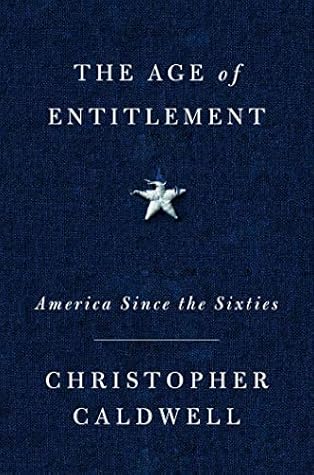Once its ostensible demands had been met, the civil rights movement did not disband. It grew. It turned into a lobby or political bloc seeking to remedy the problem according to what Freeman would call the victims’ view: “lack of jobs, lack of money, lack of housing.” The federal government made it a central part of its mission to procure those things for blacks. The results were disappointing on almost every front—naturally, since the country had never signed up for such a wide-ranging project.
Welcome back. Just a moment while we sign you in to your Goodreads account.


